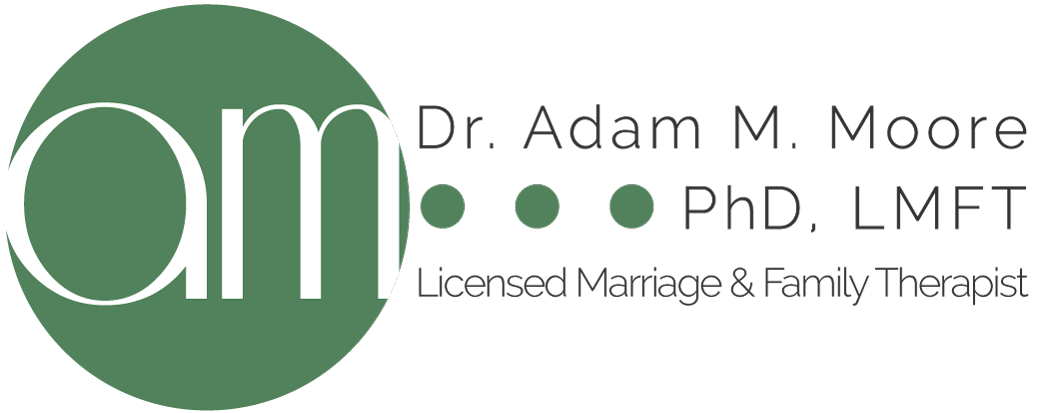 I work quite a bit with couples trying to heal from the effects of extramarital affairs. Although every situation is different and each couple requires personalized attention, there are some common healing processes I help couples work through.
I work quite a bit with couples trying to heal from the effects of extramarital affairs. Although every situation is different and each couple requires personalized attention, there are some common healing processes I help couples work through.
First is accountability on the part of the partner who had the affair. After the discovery of an affair, the offending partner often wants to “move on” quickly or blame relationship problems for the affair. My experience has been that before any healing can happen, the partner who had the affair needs to take full accountability for the affair, without excuse. This, of course, implies that contact with the affair partner has ended, to the fullest extent possible. Ongoing connections with former affair partners are almost always damaging to healing processes.
Part of taking accountability involves creating new routines and behaviors that engender a sense of safety for the partner who was not involved in the affair. This may included increased connection or contact during the day, notes expressing renewed commitment, and overt boundary setting with the affair partner to communicate a clear end of the relationship due to a desire to heal the marriage. Safety also involves a “no more secrets” attitude such that both partners know what to expect. Knowing what to expect leads to a sense of predictability, which is an important part of feeling safe.
The partner who was not involved in the affair will experience immense pain in the aftermath of discovering the affair. While pain is inherently uncomfortable, being alone in pain feels infinitely worse. This is partly why it is common for hurt partners to lash out at the offending partner. I perceive much of the lashing out behavior as an attempt to draw the offending partner into the other partner’s pain. In a sense, the unspoken message is, “You don’t seem to understand how much I am hurting. You are distant and I fear that if you cannot understand my pain, you will repeat your actions and hurt me again. If I can make you hurt as much as I am hurting, perhaps you will understand my pain enough to never hurt me again.”
Part of the healing process, then, is to draw the offending partner into the hurt partner’s pain and create empathy, avoiding the lashing out behavior that serves only to distance the partners further. Partners whose trust has been violated by an affair often benefit from a coaching process that helps them express their pain and healing needs in a way that their partners can hear.
Finally, the marital relationship generally needs its own healing process. While some affairs seem to appear “out of the blue,” most of the couples I work with can point to a deteriorating marriage leading up to the affair. While I never BLAME the affair on destructive or disengaged marital processes, we do need to address the marital dysfunction as part of healing. However, this is something that requires a foundation of accountability and trust building first.
I tell all of my couples that we are not trying to restore the marriage to where it was before, because to some degree, the “where it was” of the marriage predicted how the couple wound up in my office. What we work to create is a new marriage process that is much less susceptible to future trust and safety violations, such as affairs, because of healing, reaffirmed or new boundaries, clarified expectations, trust-building processes, and renewed commitment.
